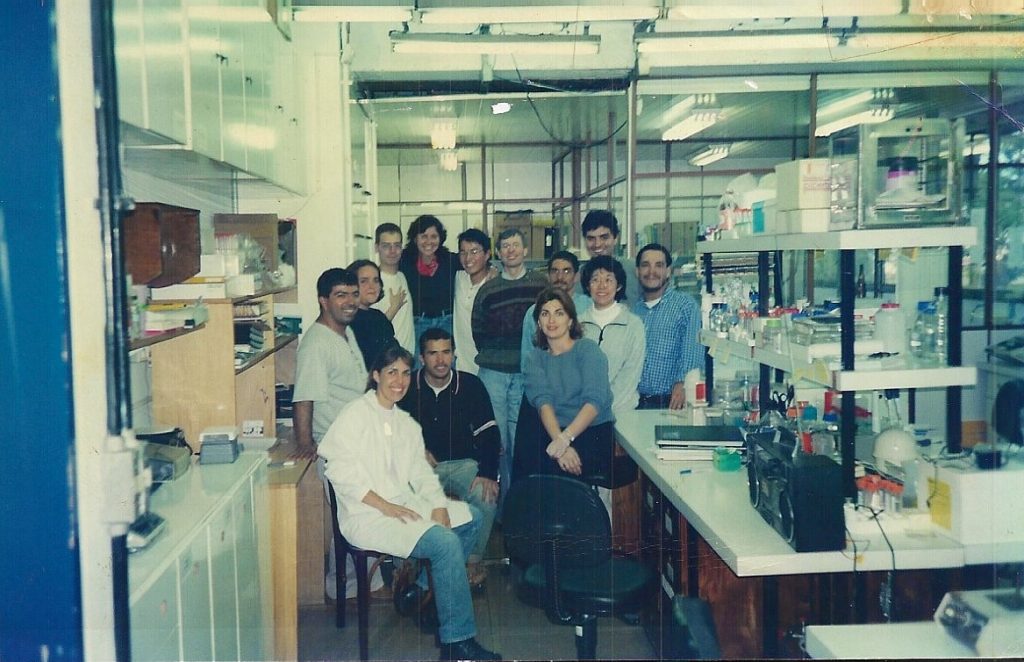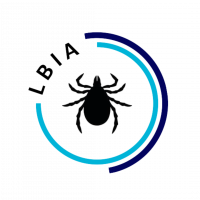Laboratory of Biochemistry and Immunology of Arthropods
Our research group develops research projects that aim to identify and characterize the molecular and cellular factors involved in the interactions among ticks, rickettsiae, the microbiota and the vertebrate host

Ticks are ectoparasites that feed on the blood of vertebrate animals (hosts), being versatile vectors of a wide diversity of pathogens. Among the pathogens transmitted to humans by ticks, Rickettsia rickettsii, the etiological agent of Brazilian spotted fever, is one of the most lethal. R. rickettsii can be perpetuated for subsequent generations in tick populations of FMB endemic areas, as it presents transovarial transmission (transmission from the mother to the progeny), besides transstadial transmission (from one stage of the tick life cycle to another). Then, in addition to being vectors, ticks are reservoirs of the bacteria in nature.
